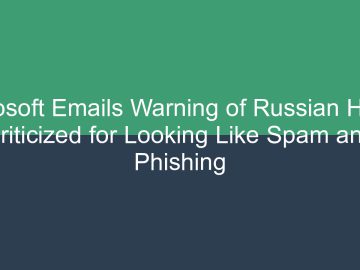Following the recent release of a report by Trend Micro, a global cybersecurity leader, indicating that corporate entities and individuals in Nigeria were targeted by 18 million email attacks in 2023, the Chief Executive Officer of Lifinet, Mr Abraham Oluwambe, has provided Nigerians with safety measures against online spammers.
In a commentary just released by LifiNet, an internet service provider (ISP), Oluwambe identified five ways to understand and build protection against spammers as an essential way of guaranteeing online safety and privacy.
He encouraged Nigerians to use strong spam filter online, be cautious with personal information, avoid clicking on suspicious links, use strong password and improve their online education.
Oluwambe said: “Enable and regularly update the spam filter on your email account. Most email providers have built-in spam filters that automatically move suspicious emails to your spam folder. Check this folder occasionally to ensure no legitimate emails are caught.
“Avoid sharing personal information, such as your email address, phone number, or physical address, on public forums, social media, or untrustworthy websites. Spammers often harvest such information from public sources.”
He further alerted Nigerians to be cautious about clicking on links in emails or messages, especially if they are from unknown senders.
“Hover your mouse over a link to see the actual URL it leads to, and only click if you’re certain it’s safe. Use a link checker tool to verify links’ safety,” he added.
In terms of password usage, he encouraged Nigerians to ensure their online accounts, including email and social media, have strong, unique passwords.
According to him, a strong password should include a mix of letters, numbers, and special characters. “Use a reputable password manager to keep track of your login credentials,” he added.
Meanwhile, Oluwambe also lend credence to self-education on online safety.
He said: “Stay informed about common spam tactics and phishing techniques. Be cautious about unsolicited offers, requests for personal information, or any communication that seems too good to be true.
“If you are uncertain about an email’s legitimacy, verify it by contacting the organisation directly through their official website or phone number.
“Additionally, consider using reputable security software that includes anti-malware and anti-phishing features. Regularly update your operating system, web browsers, and other software to patch security vulnerabilities.
“Remember that vigilance and skepticism are your best tools in protecting yourself from spammers online. If you encounter spam, promptly report it to the relevant service provider to help prevent further incidents.”
ALSO READ: Why I’m staying away from Ilorin Durbar for peace — Saraki





